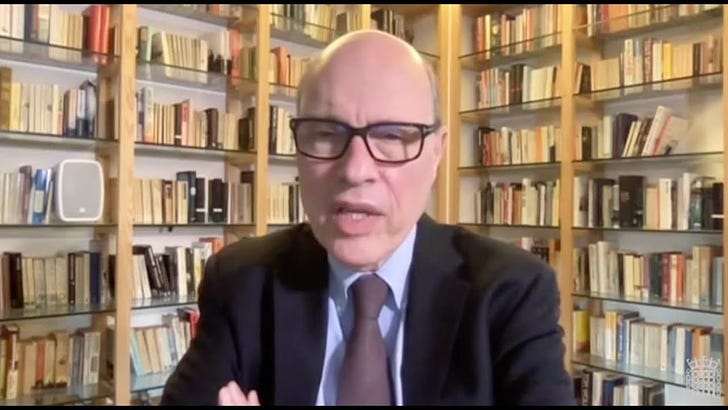The House of Commons justice committee has begun an inquiry into Covid-19 and the criminal law. It took oral evidence yesterday. The first witness was Sir Jonathan Jones KCB, QC (hon). He was followed by a panel of three: Pippa Woodrow from Doughty Street Chambers, Tristan Kirk who’s the courts correspondent of the London Evening Standard and myself. Yo…
Keep reading with a 7-day free trial
Subscribe to A Lawyer Writes to keep reading this post and get 7 days of free access to the full post archives.



